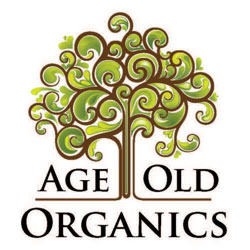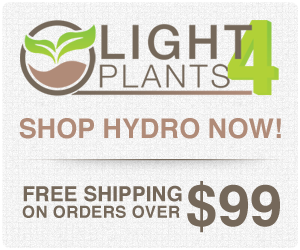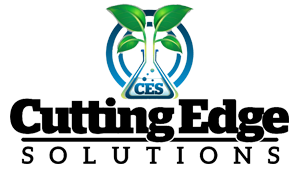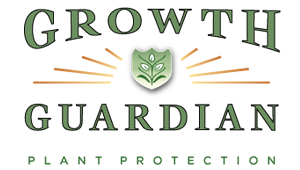
Growing things more quickly has rapidly become acceptable. However, as in so many areas of life, altering natural processes of life lessens the value of the product. For thousands of years, the plant world thrived under normal conditions as it was created to do. Man needed only to plant seeds and attempt to care for the basic needs of the growing plant, such as water, above the ground. How much damage has been done by adding man-made substances into the soil?
Just as with any life, soil nutrition is important. How that nutrition is achieved becomes an issue if the structure of the nutrients is unnatural. Organic nutrients were so designed by God to meet the needs of the plants and soil in the most complete and specific manner. Have you ever wondered how things grew properly without man’s help? When “science” tampers with the original process, the finished product will be less than intended.
Damage to the soil is also an issue. Profitable microbes, a normal part of the ecosystem, are destroyed unnecessarily my many of the synthetic substances that man introduces into the ground. Not every microbial substance is undesirable. Some microbes that are unbeneficial to the plant may be needed to ward off of things that are harmful to the plant. Though they may not be of direct nutritional value, their responsibility in the soil is important. By spreading a synthetic substance on the soil that kills many microbes, natural “care givers of the soil” may be destroyed. The molecular structure of all food for every organism is designed to be the most nutritious to the consumer. Man’s nutritional creations deviate from the original design and can be more difficult for consumption. Even microorganisms require their nutrition to be “properly prepared.” When the balance of life in the ground is off, so is the result.
There are several successful methods that have been used to increase plant growth and production. Crop rotation and field “resting” are two drastic measures that allow soil to be rejuvenated. On a smaller scale, fertilizing and feeding a small garden perhaps by simply applying naturally existent nutrients into the soil will be very profitable. Composting and adding organic foods in the place of synthetic products will yield healthier plants most often.
Age Old Organics is a company that has proven through research and application the many benefits of organic nutrition for plants and, ultimately, humans. Their greenhouse studies proved that faster and bigger is definitely not always better. Though patience is required to achieve beautiful, healthy plants, the end result is a more natural plant existing in a soil teaming with life. The life that exists below the surface continues the way it was created to because it feeds in a natural environment. The flower or fruit above the ground more closely resembles its intended purpose and design and is certainly more beneficial to the grower. As an organic cycle is implemented, plants return to a healthier state and, in turn, help maintain a healthier world.





















 © 2017
© 2017
Recent Reviews